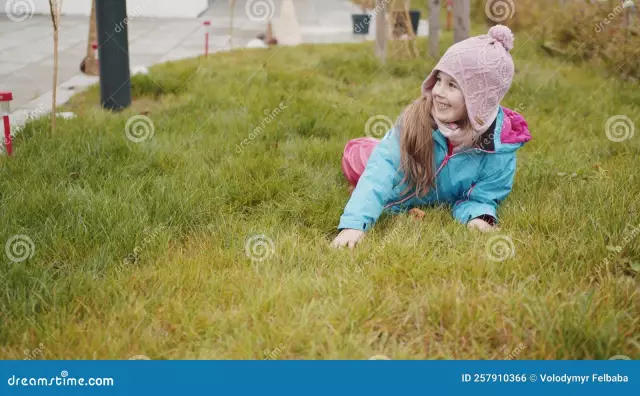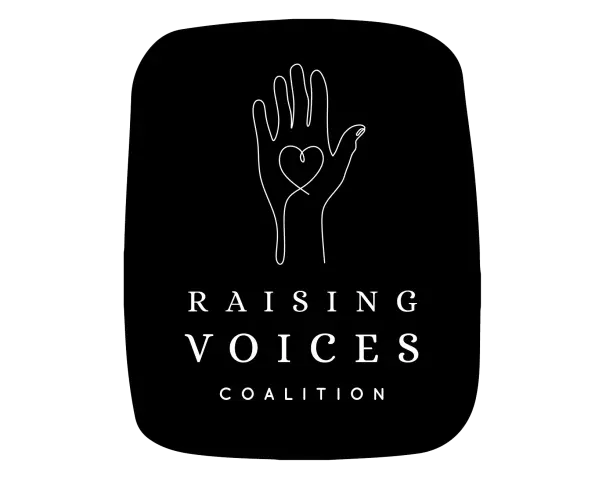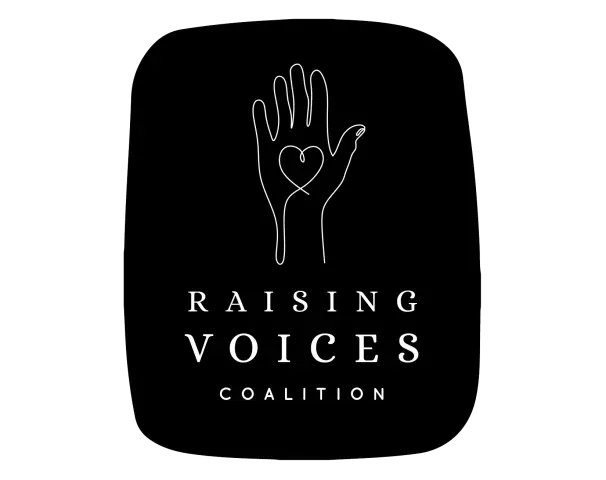- Author Rachel Wainwright wainwright@abchealthonline.com.
- Public 2023-12-15 07:39.
- Last modified 2025-11-02 20:14.
Methods of raising children
Modern methods of raising children are aimed at maximizing the potential abilities of a child from an early age.

Scientific and technological progress is changing the world around us at an incredible speed and it is necessary to educate children in such a way that they adequately perceive the surrounding reality and can easily assimilate the colossal information load. Therefore, it is necessary to abandon outdated methods of raising children, since they do not allow the potential inherent in children to be fully revealed. The abilities of a child, which in the recent past would have been considered phenomenal, are the absolute norm in today's reality. Even 10 years ago, the ability of a three-year-old child to turn on the TV with the button was a reason for parents to be proud of the early development of their baby, and now it is not uncommon for 2-3 year old children to master laptops and tablets.
Methodology for educating preschool children
In early childhood, the basic human abilities are formed, therefore, it is necessary to deal with the baby almost from birth, constantly teaching him new knowledge and skills. The primary mission of parents is the correct upbringing of the child, for which it is necessary to choose the correct methodology for the upbringing of preschool children. This choice will determine how the child grows up, his character, attitude towards others, the ability to adapt in society and much more.
Let's consider the basic principles of parent-child interaction, on which many methods of raising children are based:
- Persuasion or communication - in a calm, sympathetic tone, the child is explained the situation and the ways to solve it, it means joint work on a task or problem;
- Positive reinforcement is a sequence of parental responses after the child's actions or actions, consisting in encouragement, support, and praise. The positive emotions caused by such a reaction of the parents form the child's cheerfulness, a positive attitude towards life;
- Negative reinforcement is punishment or prohibition as a result of a child's bad deed or behavior. It should be used in exceptional cases, having previously explained to the baby what he was punished for and showing that by punishing him, the parents are also very upset. Frequent punishment can cause the baby to develop aggression and a tendency to disobedience;
- "Carrot and stick" - the principle of interaction is clear from the name. A child is encouraged for a good deed, and he is punished for a bad one. It is important to strictly adhere to the rule, not forgetting about the encouragement, but in this case, the punishment for misconduct should be unconditional;
- "One-two-three" is a simple counting rhyme that helps to cope with the manifestation of unmotivated childish rebelliousness. Make a remark to the baby and in an even calm tone, while slowly, giving him time to think about his behavior, count to three. If the child does not stop, the previously agreed punishment follows. You can apply this method to children over two years old, explaining in detail what they are punished for, how they can correct the situation;
- “On the contrary” - at a certain age, some children resist any requests and instructions from adults. Knowing this feature of the character of your child, you can get the desired actions from him by the method of prohibition. The method is controversial, but in some cases effective. It is important after the event to explain to the child what happened and in what he is wrong, in a comic form;
- Physical punishment is practiced by some parents, but it can lead to negative consequences, breaks the psyche of the child and affects his further social adaptation.
One should not give preference to any one method, different methods of raising children use a complex of several methods at once, in addition, the developers bring additional elements into the educational process. All children are very different and what will benefit one child may harm another. When choosing a method of raising children, it is imperative to take into account the characteristics of your child, social and living conditions, your personal capabilities and many other important factors.
Methods of upbringing and development of children
The upbringing and development of children are two interrelated processes, especially in childhood. As a result of scientific research, it has been proven that the learning process is most effective during periods of intensive brain growth, i.e. actually from birth. Therefore, most of the methods of raising and developing children are based on early education.
The most popular methods of upbringing and development of preschool children, which are most often guided by modern parents in the upbringing of their kids:
- Early development by Glen Doman. Scientist neurophysiologist, who discovered and proved the law, on the basis of which he developed a method for the development of children - the brain develops and grows only when it works;
- Waldorf method of early development. The founder of anthroposophy, Rudolf Steiner, pays the main attention in education to the formation of an aesthetic view of the world;
- Early development of children according to the method of the Nikitin family. Natural development of children without coercion, based on cooperation with parents in comfortable conditions, where the desires and well-being of children are priority;
- Methodology for the early development of Maria Montessori. Creation of a developing environment in which the individual interests of each child are taken into account, encouraging him to learn and develop.
The choice of the method of raising children remains with the parents, therefore it is important to familiarize yourself with the main ones even before the birth of the baby, choose the most adapted one for yourself or try to combine the best of the different.
Makarenko on raising children
In the works of the Soviet teacher A. S. Makarenko on the upbringing of children has long been based on the basic methods of upbringing in the former Soviet Union.
Makarenko is considered the founder of Marxist-Leninist pedagogy, the purpose of which was the communist education of the well-developed builders of communism. According to Makarenko, it is necessary to educate patriots loyal to the socialist homeland, educated, qualified people with a sense of honor and duty, disciplined, cheerful, persistent, cheerful, with organizational skills, with a sense of their own dignity.
Makarenko's main provisions on raising children in a family:
-
The family must be complete;

Modern methodology for educating preschool children - The relationship between father, mother and children should be friendly, based on respect and love;
- There must be a clear regime and work activity;
- The participation of children in the family economy in order to form their collectivism, honesty, frugality, solicitude, responsibility;
- It is necessary to pay attention to the education and aesthetic education of children for the formation of a comprehensively developed personality;
- Parents should be aware of their responsibility to the state for the upbringing of children.
Despite the controversy of the methodology, when studying the works of Makarenko, you can learn many useful lessons that are important in the process of modern upbringing of children.
Found a mistake in the text? Select it and press Ctrl + Enter.






